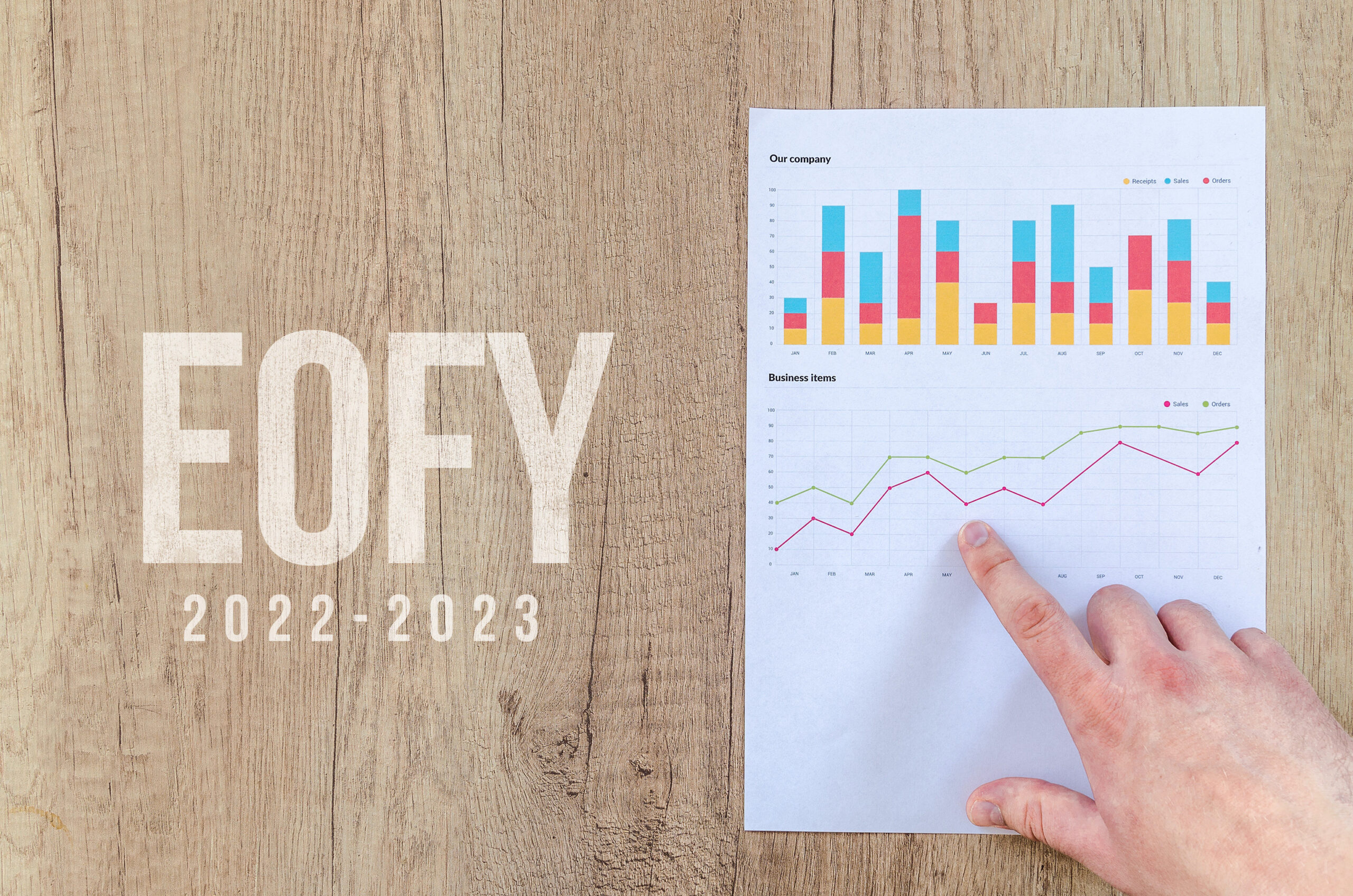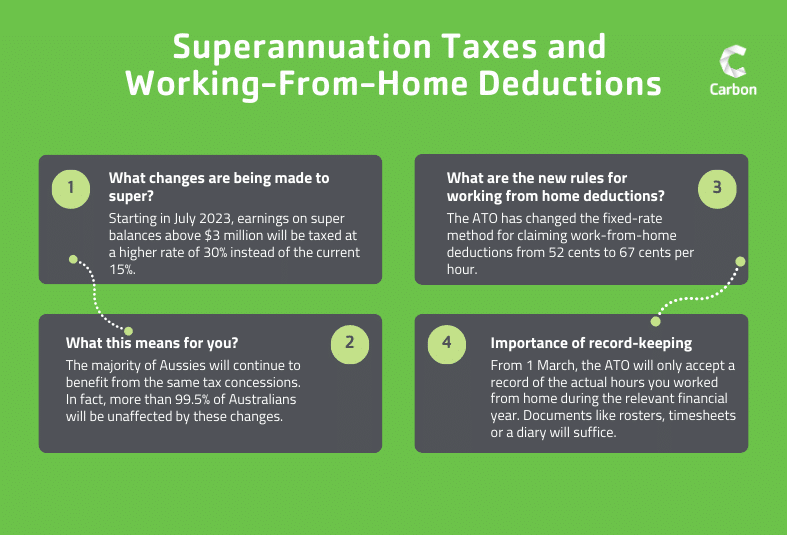Are We in Financial Year 2023 Australia?
Introduction
As we step into a new financial year, it is essential to understand the current state of affairs and the economic landscape in Australia. The financial year 2023 brings with it a range of opportunities and challenges for businesses, individuals, and the overall economy. In this article, we will delve into key aspects of the financial year 2023 and explore the implications for various stakeholders.
The State of the Australian Economy
Economic Growth
The Australian economy has shown resilience in recent years, and this trend continues into the financial year 2023. The Gross Domestic Product (GDP) growth rate is projected to remain steady, albeit at a slightly slower pace compared to previous years. This moderation can be attributed to global economic uncertainties and the ongoing impact of the COVID-19 pandemic.
Employment and Wages
One of the crucial indicators of economic health is the state of employment and wages. In the financial year 2023, Australia’s job market is expected to see further improvement. The unemployment rate is anticipated to decline, indicating a favorable environment for job seekers. However, wage growth might remain modest, with gradual increases as the economy gains momentum.
Inflation and Monetary Policy
Inflation plays a vital role in determining the purchasing power of consumers and the effectiveness of monetary policy. The Reserve Bank of Australia (RBA) maintains its focus on achieving its inflation target range of 2-3%. While some inflationary pressures are expected in the financial year 2023 due to rising global commodity prices, the RBA will likely employ a balanced approach to monetary policy to support economic growth.
Implications for Businesses
Regulatory Changes and Compliance
Each financial year brings new regulatory changes that businesses need to be aware of and adapt to. In financial year 2023, Australian businesses can anticipate updates in various areas, including taxation, employment laws, and industry-specific regulations. Staying informed and ensuring compliance will be crucial to avoid penalties and maintain a competitive edge.

Are we in financial year 2023 Australia?
Technology and Innovation
The financial year 2023 presents significant opportunities for businesses to leverage technology and innovation. With the growing digital transformation, organizations can explore new ways to improve efficiency, enhance customer experiences, and streamline operations. Embracing emerging technologies and investing in research and development can position businesses for long-term success.
International Trade and Export Opportunities
Australia’s international trade relationships continue to evolve, offering businesses opportunities to expand into new markets. The financial year 2023 is marked by various trade agreements and negotiations that can benefit exporters and importers alike. Businesses should actively explore these opportunities and develop strategies to tap into global markets. For tax time help see here.
Impact on Individuals
Taxation and Personal Finance
Financial year 2023 brings changes to the Australian tax landscape that individuals should be aware of. Understanding updates in tax brackets, deductions, and rebates can help individuals optimize their financial planning and ensure compliance with tax laws. Seeking advice from tax professionals or using online resources can assist in maximizing tax benefits.
Savings and Investments
For individuals, the financial year 2023 presents an opportunity to review savings and investment strategies. With the potential for economic growth and stability, individuals may consider diversifying their investment portfolios or exploring new avenues such as shares, property, or cryptocurrencies. Consulting with financial advisors can provide valuable insights and guidance on making informed investment decisions aligned with individual financial goals and risk tolerance.
Employment and Career Development
The evolving economic landscape in financial year 2023 may present individuals with new career prospects and growth opportunities. It is important for professionals to stay updated with industry trends and acquire relevant skills to remain competitive in the job market. Investing in professional development, attending workshops, and networking can enhance career prospects and open doors to advancement.
Financial Planning and Budgeting
As we enter the financial year 2023, it is an ideal time to reassess personal finances and create a comprehensive budget. Analyzing income, expenses, and savings goals can provide clarity on spending habits and help prioritize financial objectives. Effective budgeting, coupled with disciplined saving habits, can contribute to long-term financial stability and the achievement of personal milestones.

Conclusion
Financial year 2023 in Australia brings both opportunities and challenges for businesses and individuals alike. With a steady economic growth trajectory, businesses can leverage technology, embrace innovation, and explore global trade opportunities to thrive in a competitive environment. For individuals, understanding tax changes, optimizing personal finances, and focusing on career development are essential for financial well-being and growth. By staying informed, proactive, and adaptable, both businesses and individuals can navigate the financial year 2023 with confidence and make the most of the prevailing economic conditions.
Disclaimer: The information provided in this article is for informational purposes only and should not be construed as financial or professional advice. Readers are advised to consult with relevant experts and conduct their own research before making any financial decisions.

